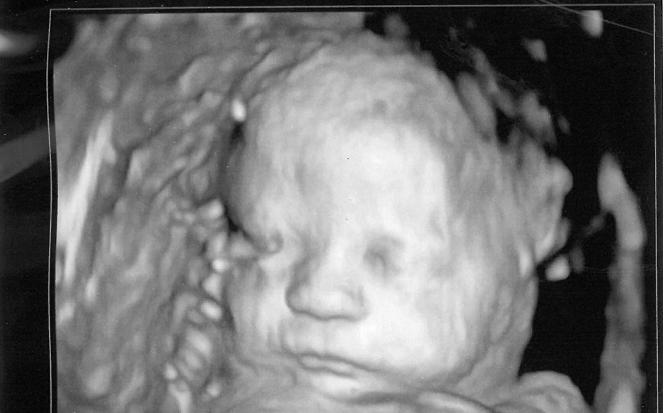The nation still is reeling from the horrific mass shooting that claimed the lives of 26 Texans in a small community church last Sunday.
In some states, however, the casualty total would only be 25 because they do not recognize unborn babies as victims of violence.
Crystal Holcombe and her unborn baby were shot and killed, along with 24 others Nov. 5 at the First Baptist Church of Sutherland Springs, according to the Religion News Service.
Texas recognized Holcombe’s unborn child, who was nearly full term, as one of the victims because of its 2003 Unborn Victims of Violence Act, the report states. The state law extends the protections of the entire criminal code to “an unborn child at every stage of gestation from fertilization until birth.”
Here’s more from the report:
A state law passed in 2003 requires that the fetus Crystal Holcombe was carrying when she was fatally shot Sunday (Nov. 5) along with other worshippers at the First Baptist Church of Sutherland Springs be counted like the other victims, who authorities say numbered 26 and ranged in age up to 77. Holcombe was in her eighth month of pregnancy.
This and other laws that grant full rights to the unborn form some of the newest terrain in U.S. law and are highly controversial. They frequently divide abortion rights and anti-abortion activists, with the first group saying they can be used to criminalize pregnant women while the second group says they are intended to prevent domestic violence and increase penalties for abuse.
Texas was among the first states to enact a feticide law in 2003. If Devin Kelley had not died after the shooting, the law would have required he be charged with the murder of Holcombe’s unborn child.
Follow LifeNews.com on Instagram for pro-life pictures and the latest pro-life news.
In total, 29 states recognize unborn babies as victims of non-abortion violence at all stages of life, according to the National Right to Life Committee. Eight other states recognize unborn victims of violence in at least some circumstances. In June, New Hampshire lawmakers passed a bill that will make it the ninth, granting protections to unborn babies starting at 20 weeks of pregnancy.
Every state with such a law in place has an exception for abortions.
A few states still do not provide justice for unborn victims of violence. In 2015, Colorado lawmakers rejected a bill to protect unborn victims in their state.
The bill was prompted by a gruesome crime involving Dynel Catrece Lane, who was arrested and later convicted for attacking a pregnant woman and cutting her 7-month unborn baby from her womb. In this unbelievable act of violence, the baby died but the mother, Michelle Wilkins, survived.
In 2016, a judge sentenced Lane to 100 years of prison for assaulting and attempting to murder Wilkins, but Lane did not face charges for Wilkins’ unborn daughter’s death.








